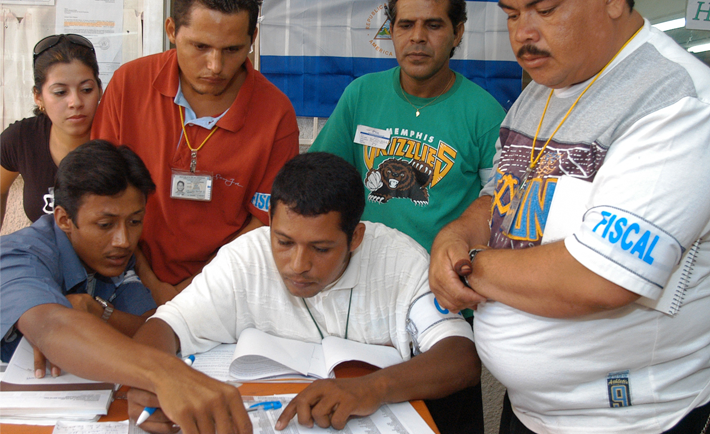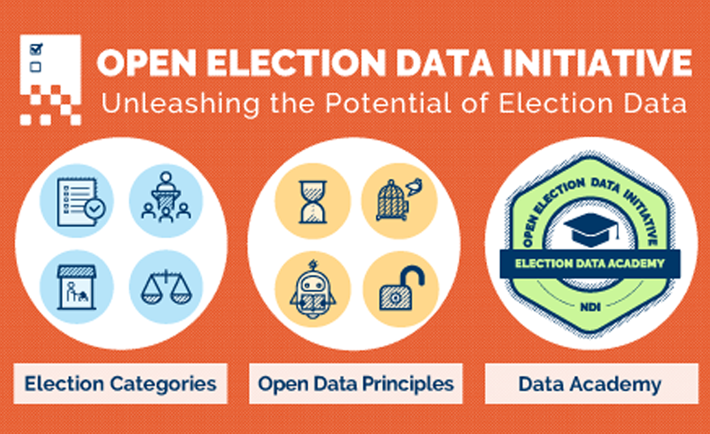Nearly five years after protests against former authoritarian leader Zine El Abidine Ben Ali began in December 2010, Tunisia has adopted a modern constitution and, for the first time, democratically elected a new legislature and president. Tunisia has been lauded as an inspirational -- though not untroubled -- democracy within the Middle East and North Africa region. To ensure the current security concerns and economic difficulties do not encourage undemocratic intervention in the process, it is important that the U.S. government and international community continue to support the new Tunisian government as it makes difficult choices.
The Road Forward: Tunisia Provides an Example for Democracy in the Middle East and North Africa
Transparency Could Ease Decades-Long Democratic Erosion in Nicaragua
Advances and reversals generally mark the trajectory of democratic development. But in the political history of Nicaragua over the last decade, there have been only reversals with next year’s elections likely to see the continued erosion of Nicaraguan democracy and consolidation of power by President Daniel Ortega and his Sandinista National Liberation Front (Frente Sandinista de Liberación Nacional - FSLN). But there are voices advocating for greater pluralism. Opposition political parties are small but vocal, and different elements of civil society have advocated for democratic reforms. While their efforts have not yet yielded results, the Nicaraguan government still has the opportunity to move toward greater transparency in the polls before next year's presidential elections.
Initiative Aims to Ensure Citizen Groups have Access to Election Data
NDI is excited to announce the launch of the Open Election Data Initiative. The goal of the initiative is to ensure that citizen groups have access to election data that can give a true picture of an election process, including how candidates are certified, how and which voters are registered, what happens on election day, whether results are accurate and how complaints are resolved.
The Open Election Data Initiative, openelectiondata.net, adapts open data principles that are designed to enhance government transparency in other areas, such as service delivery, to elections. The initiative encourages governments to be more accountable and citizens to take a more active participatory role. While primarily geared toward civil society -- including election monitoring organizations, many of which are partners of NDI -- the initiative can also inform the efforts of political parties, election management bodies and other actors concerned with electoral integrity.



